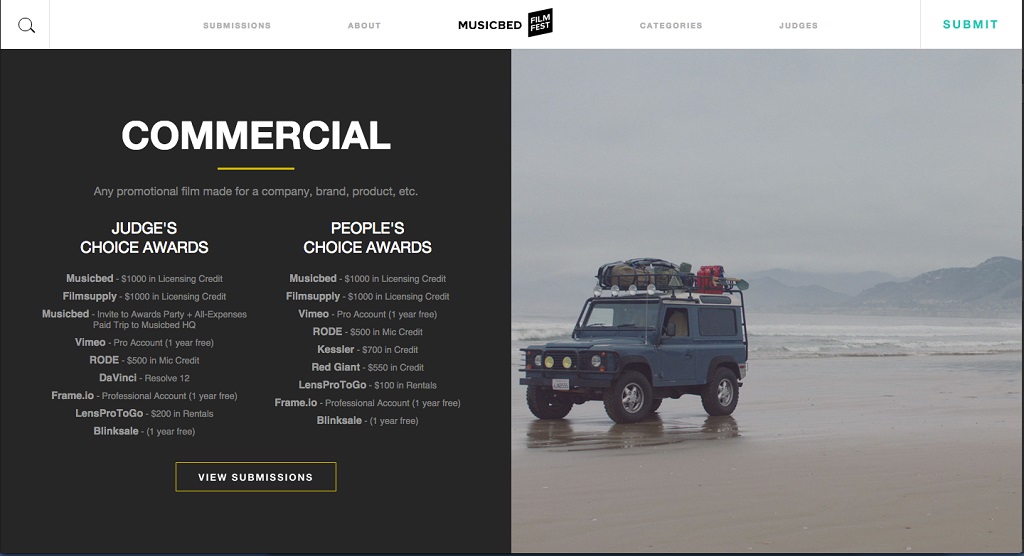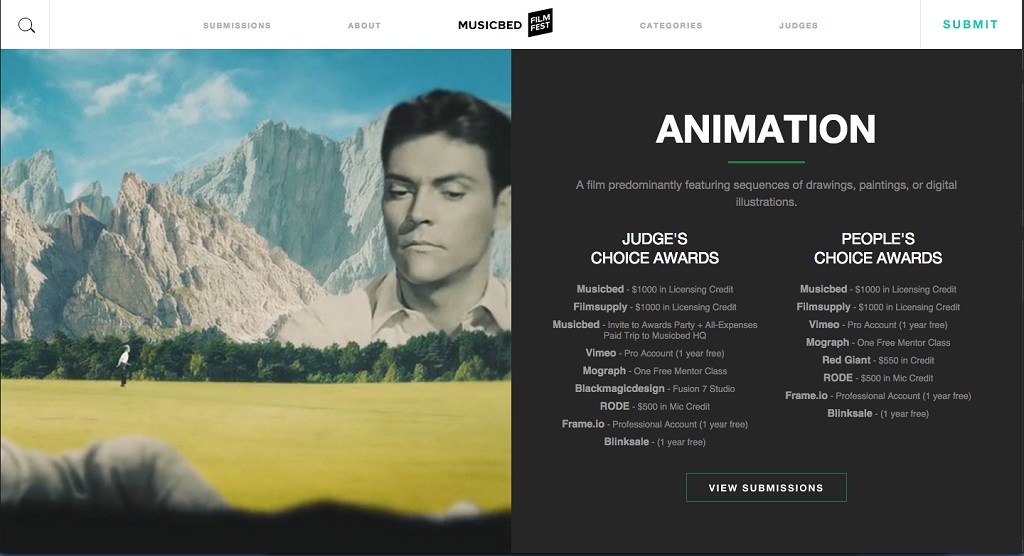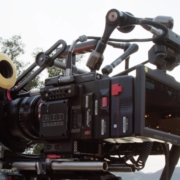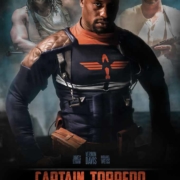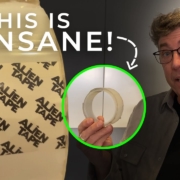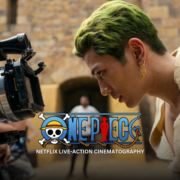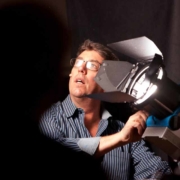Finding an Audience: Musicbed’s 1st Annual Film Festival

by David Weldon
In 2009, we saw the frontier of a digital revolution begin to take shape with the Canon 5D Mark II DSLR (Example: Shane Hurlbut’s “The Making of The Last 3 Minutes”). In that time, we have seen an evolving landscape that is this new digital filmmaking world.
I have intentionally chosen to say “digital.” Filmmaking isn’t inherently digital. I know that. You know that. How we communicate today is exactly that – digital. From Facebook, Twitter, Instagram, and online dating, our world has continued to evolve to a digital footprint that you create and grow every day, sometimes without even realizing it. Right now, I’m in Denver writing a review for Alex Buono’s Visual Storytelling 2 Tour, as well as completing this article that I am writing … right …. now …. imagine that.
Ok, so what’s the point? Here it is: how many of you are from small markets were ten years ago putting together your own film from getting the gear to finding a place to put it was somewhat challenging? A lot of you. I was there myself, but that has easily changed in the last decade.
A great example of the evolution in the digital age and collaboration comes from a piece of work between Shane and Director Po Chan – “The Last 3 Minutes.” This film was created as a collaboration on immersive filmmaking utilizing the Canon 5D Mark II as the format to capture the story. The camera was in its infancy but this exploration ultimately led to new directions for both Shane and Po as artists.
The main character in this short is William Turner, a janitor whose life seems mundane on the surface but as it develops, many interesting layers are revealed. We shot his boring existence in the present day at 24fps utilizing the new Canon 5D firmware. As William’s life unfolds from present-day to the past, they shot with the Canon 5D at 30fps and pulled it in at 24fps to give it a slightly dreamy feel. The creamy Canon ‘L’ series glass delivered the period look that they were hoping to achieve.
Director: Po Chan
Cinematographer and Executive Producer: Shane Hurlbut, ASC
Producer: Greg Haggart
Editor: Vashi Nedomansky
As a filmmaker, the best thing you can do is to create content and to get that content out there so people can see it. Creation + Delivery = Exposure. Exposure can connect you to future opportunities, larger budgets, better projects, or just more projects to create in general.
Many of you are familiar with Musicbed and its wide variety of music that gives filmmakers of every level an opportunity to find handpicked selections of music that can connect with your film. It’s not just some canned music CD that you bought back in the late ‘90s where you’re still trying to convince yourself that the songs aren’t outdated and that you can use them over and over. I guess if you’re still shooting on a BetaCam, then this applies, but I’d say that’s rare these days. #DVCPRO #TAPE #OLDSCHOOL

We’ve all come across a film that debuted at Sundance or Tribeca, but it’s REALLY difficult to even get the festivals to look at your piece of work. We love those films that come out of these types of festivals, but they’re not the end-all-be-all of film festivals. There are many films that get noticed at other festivals. Those Directors/Producers/DPs may not get launched into shooting feature-length projects, but you never know of what opportunity might come from getting the exposure.
This is where the Musicbed comes into play. I promise this will all come full circle by the end of this article. Musicbed’s approach is quite unique to creating a festival. Prizes total around $50,000 from participating sponsors of the festival.

Here is some information you need to know:
STEP 1: ENTERING YOUR FILM
For one month, filmmakers are able to submit their best films where they have used Musicbed tracks in these categories:
STEP 2: THE VOTING PROCESS
This is where the “digital” age comes into play in a huge role. If you’ve submitted a film, you will share it with your friends, families, etc. to vote for the film to increase your chances of winning in the category that you’ve submitted to.
This reminds me of when I worked on a music video with Shane’s former Assistant Derek Johnson, where he shot for the contest of an M83 music video for “Steve McQueen.” Everything was done online. We shared with our friends and family to generate attention and votes, ultimately finishing in the top ten. Not too bad!
STEP 3: WINNING THE CONTEST
There’s no secret here to winning but here is how people will be awarded. The “Judges Choice” award will be chosen by a panel of judges, one that includes Shane Hurlbut, ASC. The “People’s Choice” award will be chosen by the highest total votes from the public vote.
Online Film Festivals are a great way to accomplish a few things:
1. Creating and Experimenting as an Artist
As an Artist, you must create Art to grow and learn who you are in your craft. If you don’t practice, you won’t “get better” nor will you learn how to create. Like anything else, more time creating and practicing makes you more comfortable, faster, building your vision. So get out and create!
2. Exposure as a Filmmaker in your community/marketplace
We’re all looking to make something visual, a completed piece that we are proud of, confident in, and are willing to showcase to people to say “here I am, this is what I do and I can do it for you.” Having completed projects that look great, tell a solid story and showcase your abilities are what people want to see when they’re thinking of collaborating with you or hiring you for their next piece of work. Having something that has been judged by industry leaders and is stamped with approval only further establishes you as an artist in your market.
LEARN MORE ABOUT MUSICBED’S 1ST ANNUAL FILM FESTIVAL
We have previously written about ways to score your film and about a cool app Musicbed has to help in your music selection, not to mention their music licensing program.

